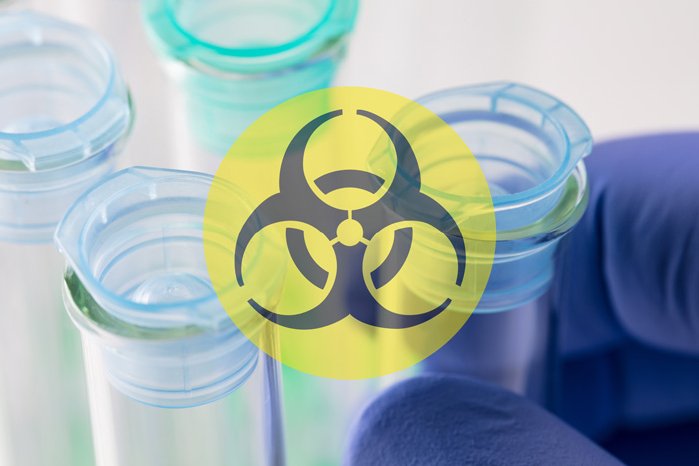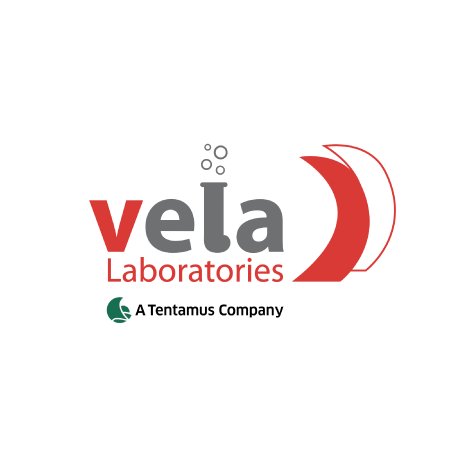For classical pharmaceutical products, good manufacturing practice (GMP) ensures that pharmaceutical products are manufactured consistently and in a controlled way according to appropriate quality standards. Regulatory agencies worldwide require to meet GMP guidelines from producers and sellers of pharmaceutical products.
But now, as described above, some specific products such as certain vaccines or products derived from genetically modified organisms (GMOs) require complete different guidelines. This fact is also valid for biologics, biopharmaceuticals, biosimilars and advanced therapy medicinal products (ATMPs). The respective guidelines are summarized under the term biosafety. Biosafety defines the conditions, techniques and equipment used to prevent personal, laboratory and environmental exposure to potentially infectious or harmful agents. Depending on the risk class of these agents, manipulations with them have to be carried out in BSL1 to BSL4 laboratories (demanding increasing safety measures).
In certain cases, it might come to clashes between GMP requirements and biosafety. GMP guidelines, which have the product safety in their focus, demand the “keep out” principle to protect the product whereas biosafety often requires the “keep in” principle to protect the employees and environment. Starting from BSL2, safety of employees and environment generally overrules product safety. In this case, a defined risk assessment is necessary in order to find an alternative way to fulfill all GMP requirements and have patients/operator safety in perspective.
VelaLabs, a member of Tentamus Pharma Group, is well experienced in the field of biosafety laws including handling and storage of GMOs. Thus, VelaLabs is one of the few laboratories worldwide, which can support your analytical testing requirements in a combination of GMP and BSL2 conditions.
Contact our experts for further information.



